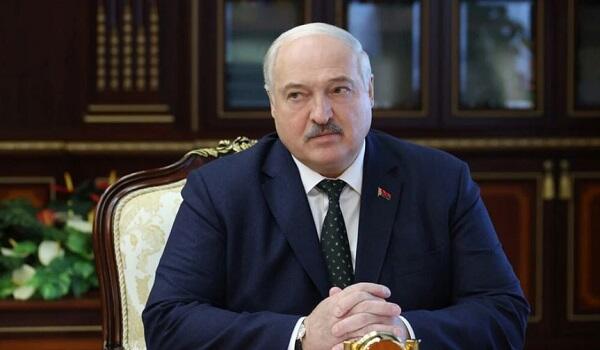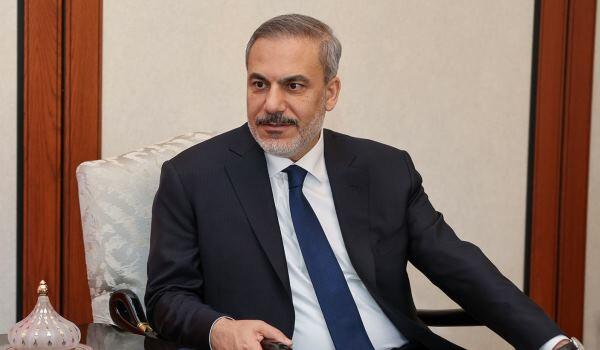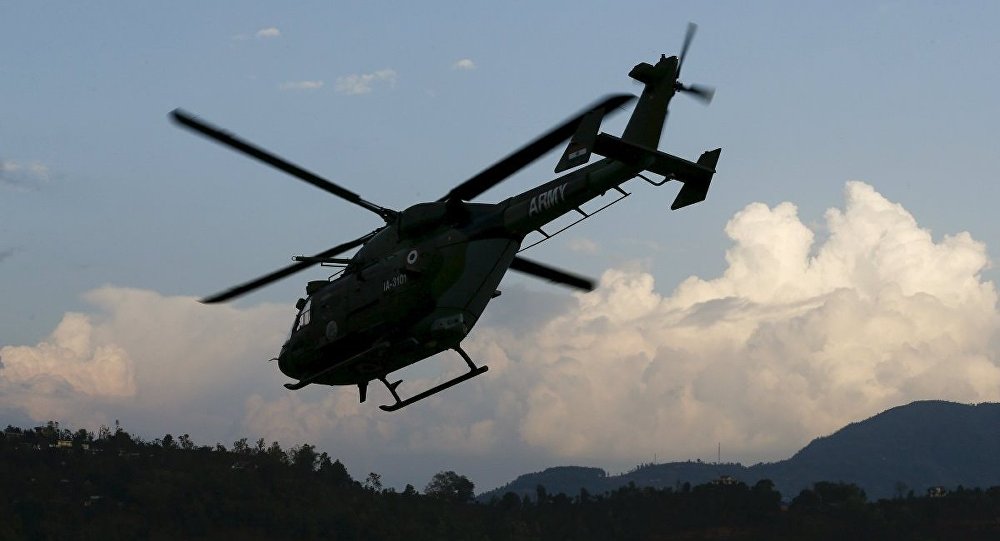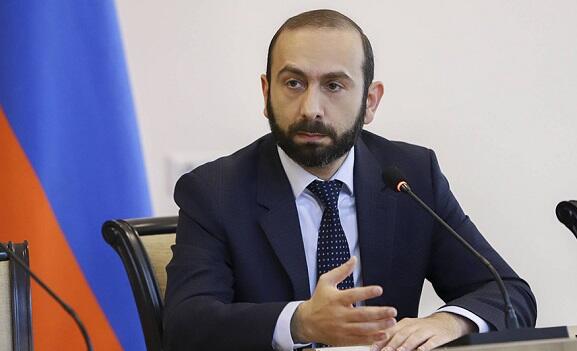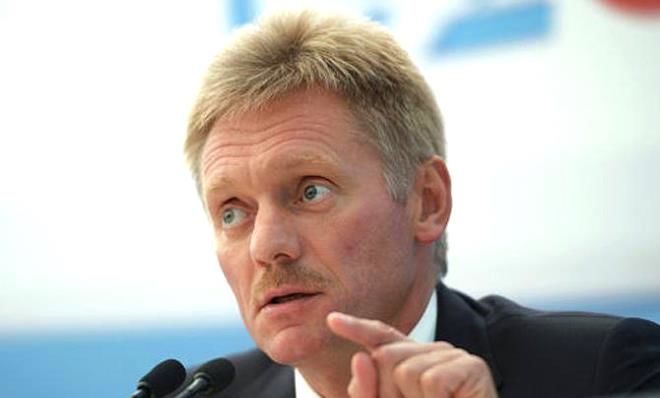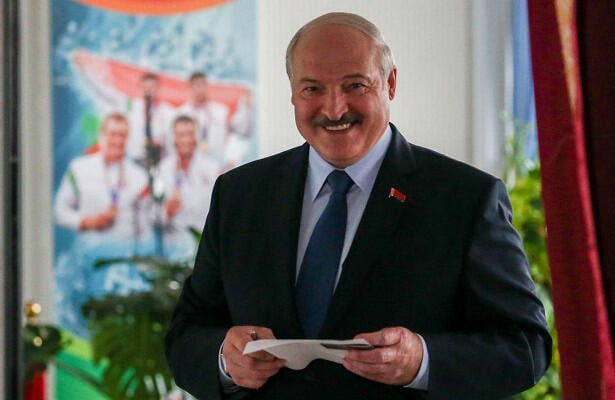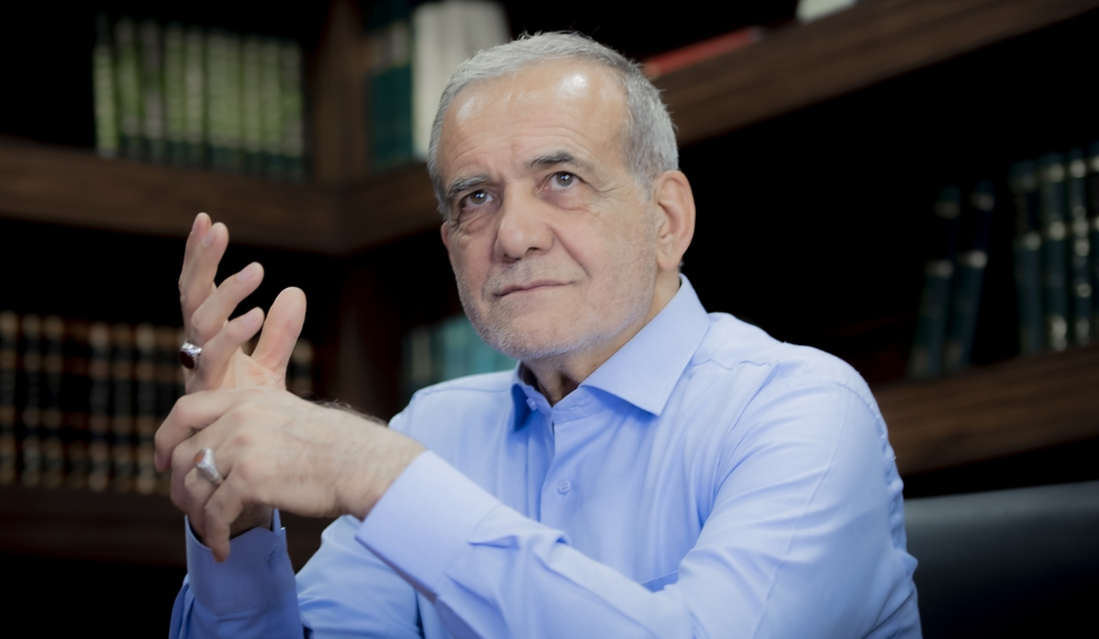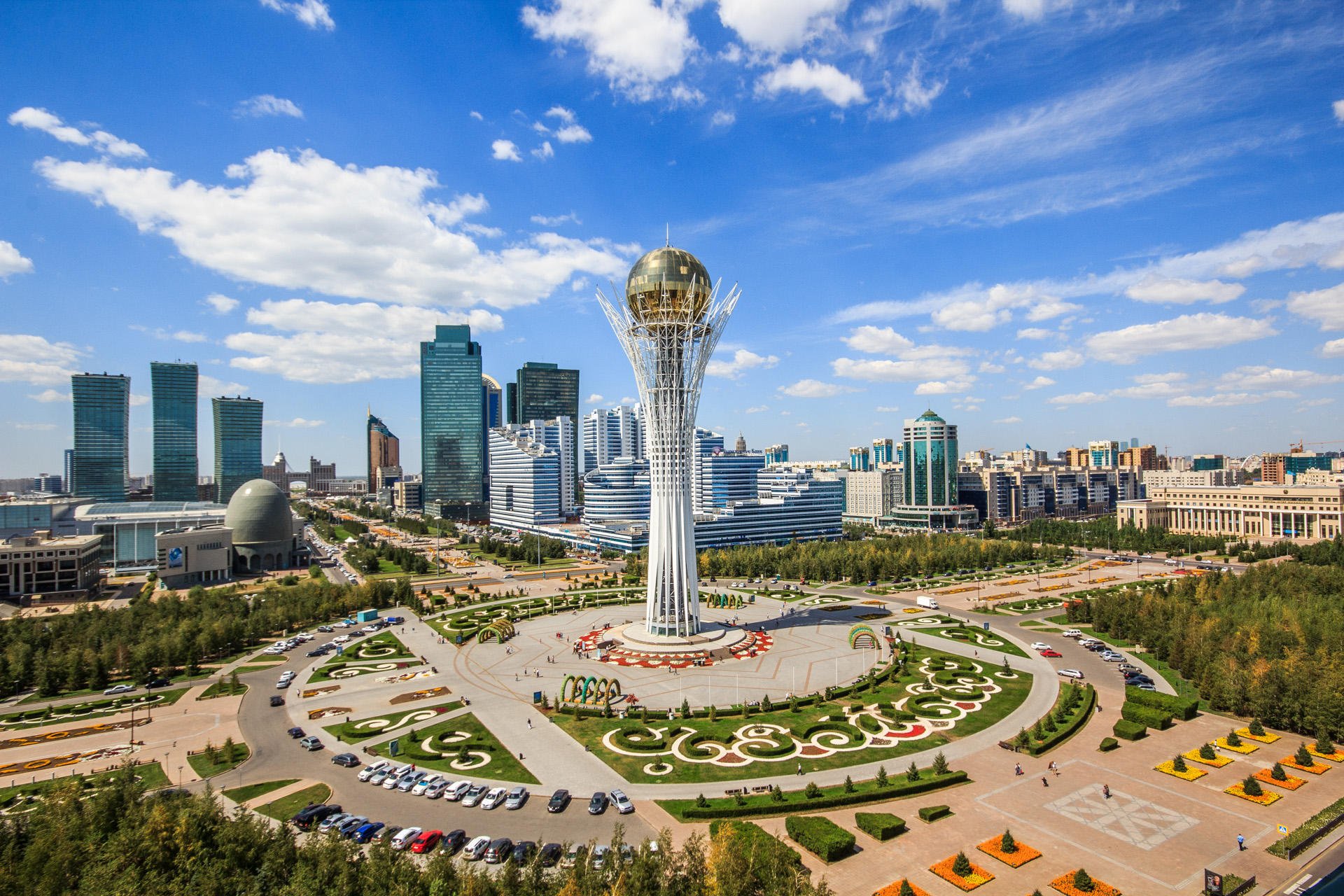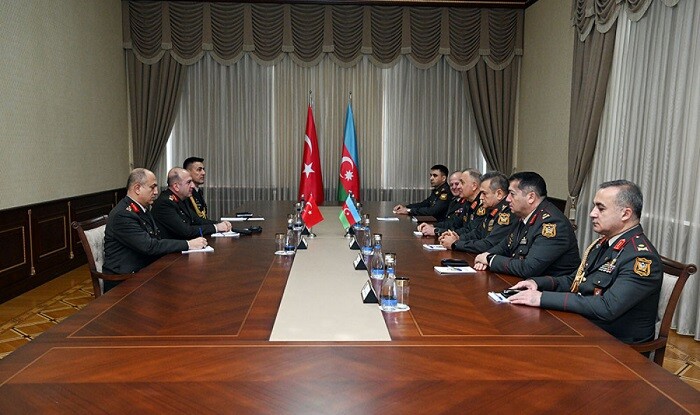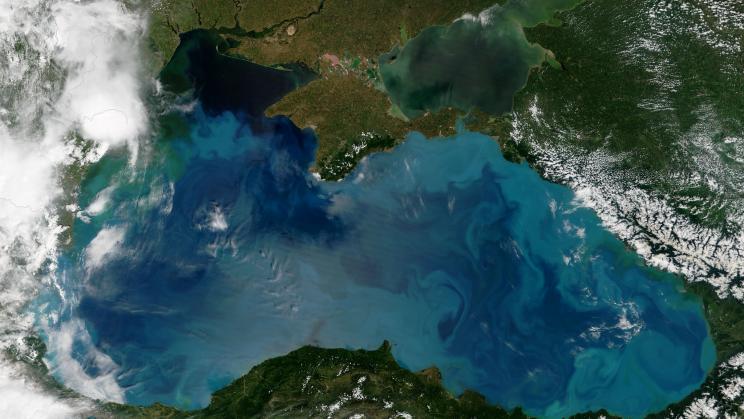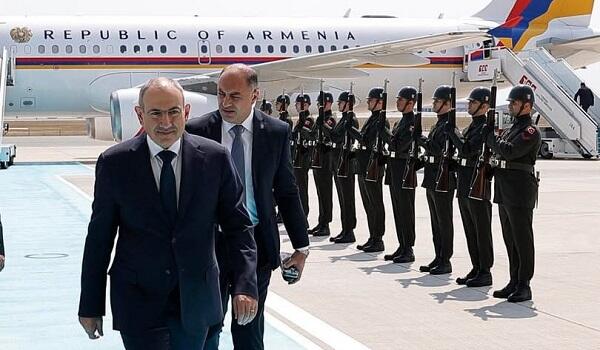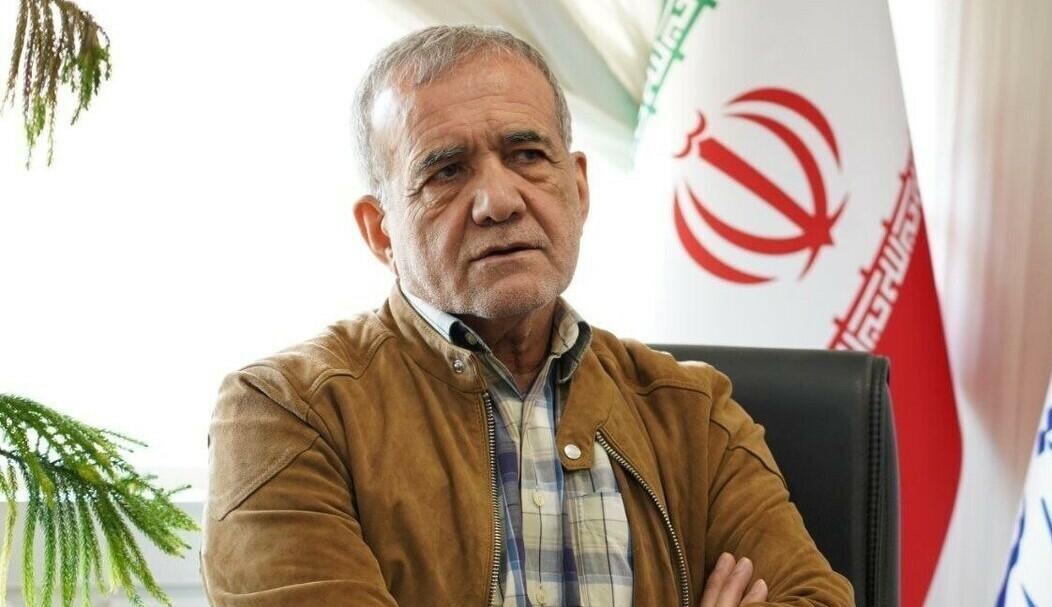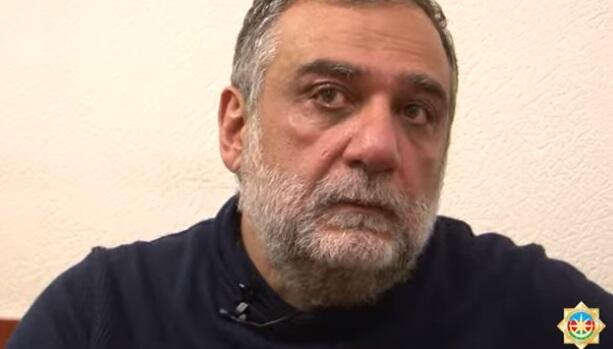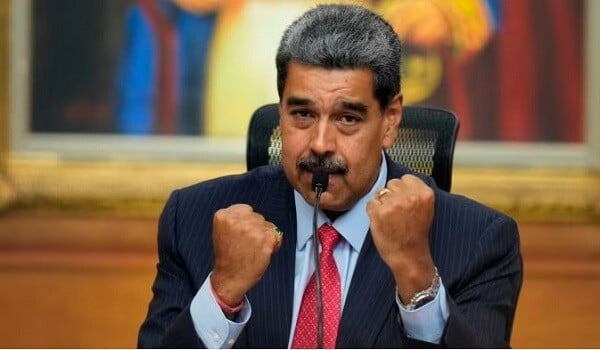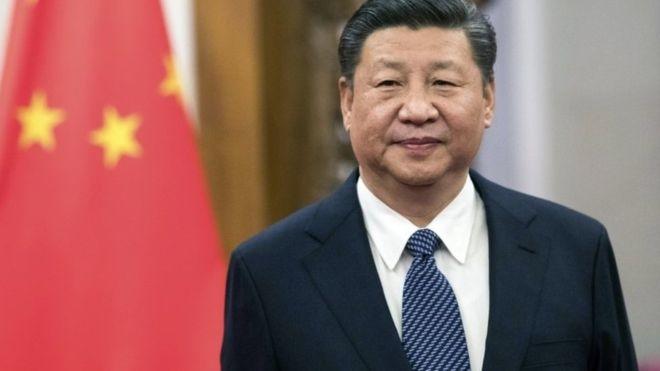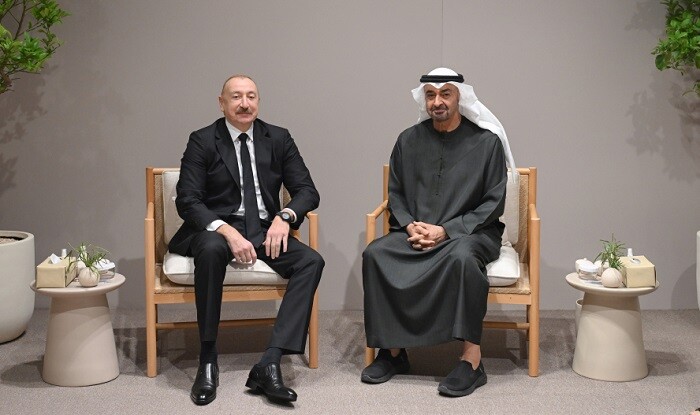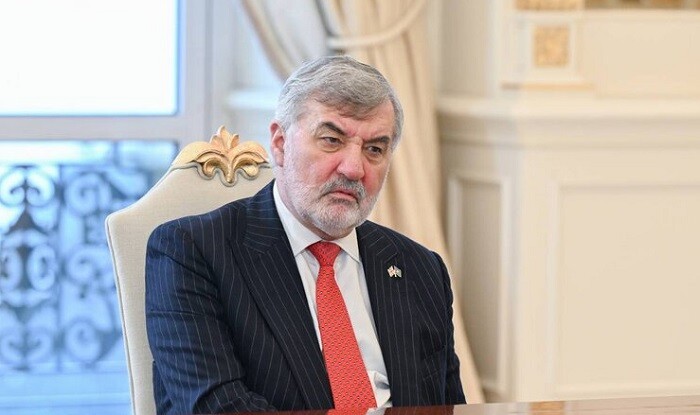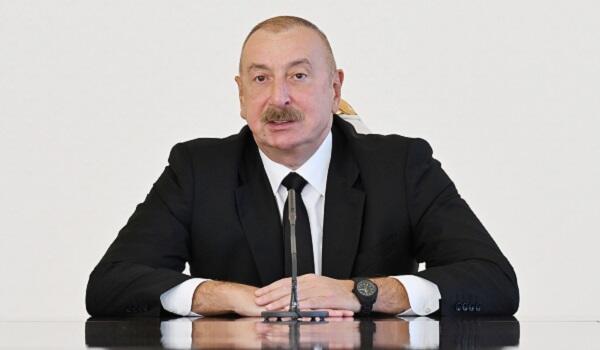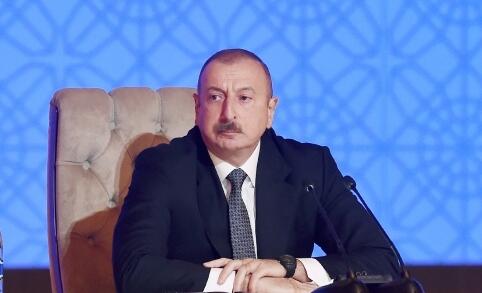Axar.az presents the article "Who misinformed Pashinyan about the Iskanders and why?" by Andrew Korybko.
Armenian Prime Minister Pashinyan's spokeswoman Mane Gevorgyan announced on Monday that he was misinformed about his military's Russian-supplied Iskander missiles. Last week he inaccurately claimed that they were grossly ineffective, which elicited sharp corrections from Moscow. First Deputy Chief of the General Staff of the Armenian Armed Forces Tiran Khachatryan also criticized Pashinyan following his false remarks, which some suspect contributed to the premier dismissing him from his post. That move was then shortly thereafter followed by the General Staff dramatically demanding Pashinyan's resignation last week.
The sequence of events suggests that Pashinyan might have been deliberately misinformed about the Iskanders in order to create the publicly plausible pretext for some military officials to publicly move against him. They might not have predicted that he'd dismiss Khachatryan, but in any case, they likely predicted that he'd say something about what he was told and that they'd then have a reason to criticize him. Quite clearly, the military officials who demanded his resignation probably didn't do that as a spur of the moment decision but had likely planned something of the sort for quite a while already.
After all, it can safely be presumed that Pashinyan was misinformed about the Iskanders by someone whose expertise he trusted, meaning that it was most likely a military official. It might therefore very well be the case that he was set up to provoke a scandal with Russia in the hopes that Moscow would then throw its weight behind the military's resignation demands. If that was the case, then the conspirators were terribly mistaken since President Putin later spoke to Pashinyan on the phone, as did other Russian officials with their Armenian counterparts, thereby suggesting tacit political support for them during the ongoing crisis.
At the same time, Russia doesn't interfere in any of its partners' internal affairs, even though it always hopes that their disputes such as Armenia's are settled peacefully and in line with the law. The more that one thinks about it, the more plausible this interpretation of events seems, namely that conspiratorial military forces deliberately misinformed Pashinyan about the Iskanders in order to prompt their resignation demands against him which they wrongly hoped would be secretly supported by Russia. A variation of this speculative interpretation was also recently shared by The Daily Beast, albeit with an anti-Russian angle.
Journalist Anna Nemtsova published a provocative piece headlined “Putin May Have Triggered An Attempted Coup In Armenia After PM Insulted His Missiles”. RT published a response to that unsubstantiated allegation under the title “It's Always Putin! Russian President Engineered Coup In Armenia Because Pashinyan Insulted Moscow's Missiles, Western Media Claims”. The second article is arguably a more accurate interpretation of events since it debunks the groundless claims that President Putin had a hand in provoking last week's political crisis. RT's narrative is supported by the Russian leader's tacit support to Pashinyan during their phone call.
The takeaway from these two scandals -- the Armenian General Staff's demands that Pashinyan resign and The Daily Beast's inaccurate allegation that President Putin was behind this coup attempt -- is that everything seems to be connected to Pashinyan's misinformed claims about his country's Russian-supplied Iskander missiles. That controversy served as the pretext for setting the subsequent events into motion. Unlike what The Daily Beast speculated, Russia most likely wasn't behind any of this, but rogue elements of the Armenian military seemly thought they could manipulate Moscow into supporting their planned regime change through these means.
By deliberately misinforming Pashinyan about the effectiveness of their Russian-supplied Iskander missiles, they hoped that he'd publicly repeat these inaccurate claims which would then prompt the pretext for them to make a push against him, ideally as they wrongly hoped with Moscow's secret support. Their plot failed since Russia never supports foreign regime changes and doesn't meddle in its partner's affairs. That doesn't mean that they still won't succeed in overthrowing Pashinyan, but just that Russia is likely aware of the Machiavellian game that those rogue military elements were trying to play against it and probably informed Pashinyan afterwards.
